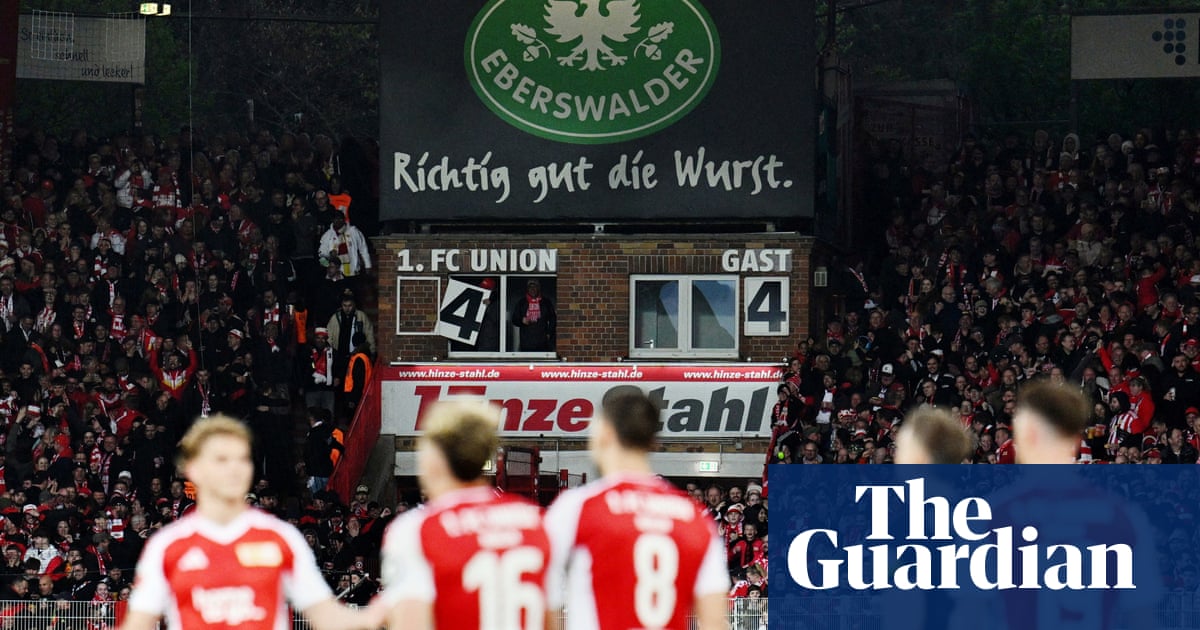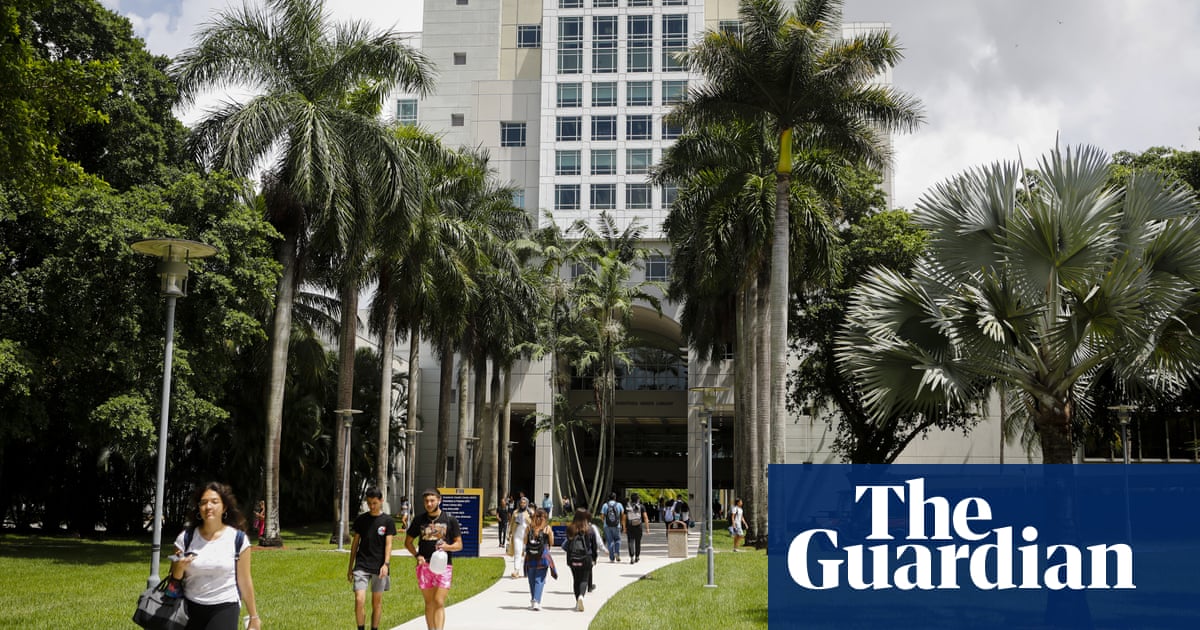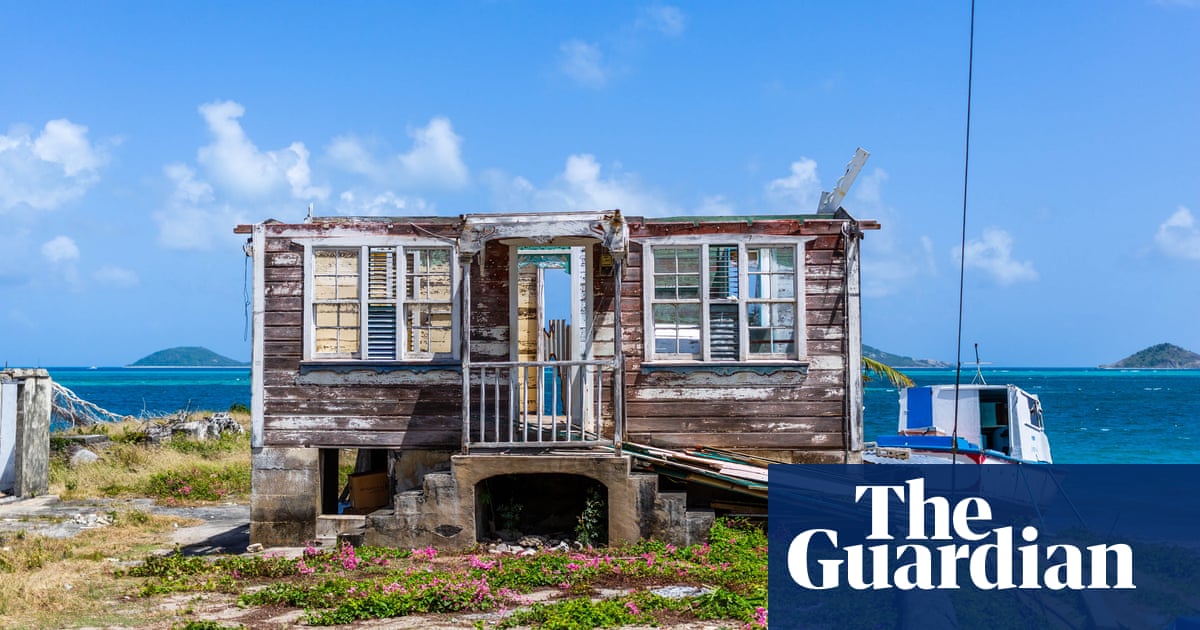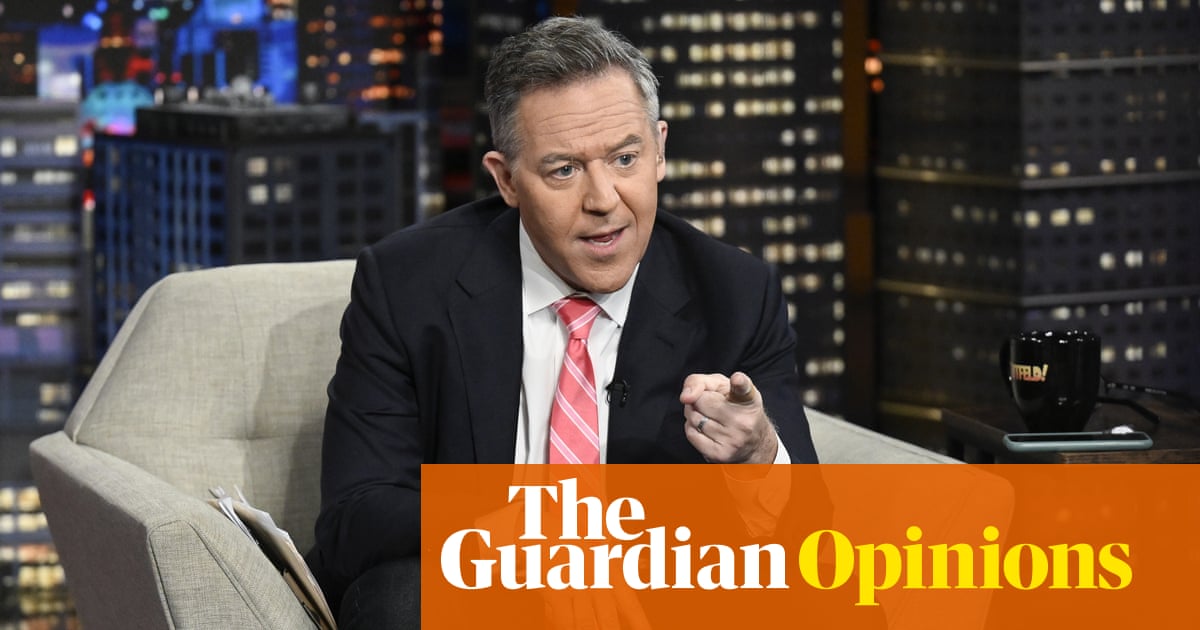When Austria’s Freedom party (FPÖ) entered government 25 years ago, shock waves reverberated around Europe. Punitive measures were imposed, diplomatic visits cancelled and Belgium even suggested the EU could do without the Alpine country.
That was when the far-right party was only a junior coalition partner. This time, the FPÖ – nativist, anti-immigration and fiercely critical of the EU – is in the driving seat. Its leader, Herbert Kickl, is in pole position to be Austria’s next chancellor.
What’s more, under what looks likely to be its first far-right-led government since the second world war, Vienna would this time join an expanding bloc of disruptive, Moscow-friendly member states at the heart of Europe.
If Kickl does become chancellor, he will join like-minded leaders including Hungary’s Viktor Orbán – whom he has hailed as a role model – Robert Fico in Slovakia and probably, after elections in October, Andrej Babiš of the Czech Republic.
So it is a measure of how far the far right has advanced in the EU that the reaction in Brussels and other capitals is little more than a shrug. “We’re going to have to deal with it, aren’t we?” said a diplomat from a large member state. “It’s the new normal.”
The FPÖ, which finished first with 29% of the vote in September elections, is in talks to form a government with the centre-right Austrian People’s party (ÖVP) after negotiations between the ÖVP, centre-left SPÖ and liberal Neos broke down.
While the precise outcome is still uncertain, it seems increasingly likely that a deal will be reached, if only because polls suggest the alternative – a snap election – would produce an even higher vote share, up to 39%, for the far-right party.
Austria’s caretaker chancellor, Alexander Schallenberg, rushed to Brussels to reassure EU leaders, including the presidents of the European Council, António Costa, and parliament, Roberta Metsola, that they had nothing to worry about.
The country’s foreign minister and a senior figure in the ÖVP, Schallenberg promised Austria would “remain a reliable, strong and constructive partner within the EU”, and said the bloc should “have trust” in Austria’s democratic institutions.
EU red lines such as the rule of law, judicial independence, fundamental rights and respect for international law were not up for discussion with the FPÖ and would, along with support for Ukraine, be guaranteed in any coalition agreement, he said.
How far that will be the case remains to be seen. The FPÖ’s aggressive European election programme, “Stop the EU madness”, stopped short of advocating “Auxit” but demanded radical reforms and an end to “red tape” and Brussels’ “political excesses”.
The party has called for an immediate halt to immigration, the suspension of Austria’s asylum system and the expulsion of all asylum seekers, which would breach EU law. Its general election manifesto was titled: “Fortress Austria, Fortress of Freedom.”
That demanded “remigration”, cuts in corporate tax and wage costs and – while the party has distanced itself from a 2016 “cooperation agreement” with Vladimir Putin’s United Russia party – an end to EU sanctions against Russia and aid to Ukraine.
Some analysts suggest that if Kickl does become chancellor, his wildest instincts would necessarily be reined in by a strict coalition accord with the ÖVP and he would, in any case, have his hands full with other, mainly budgetary concerns.
If he does head the new government, the outspoken Kickl “is going to be much more focused on budget consolidation, welfare reform and domestic culture wars than on a big fight with the EU”, predicted Mujtaba Rahman of the Eurasia Group consultancy.
Others, however, question how far the ÖVP will constrain him. In previous coalitions with the far-right party as junior partner, the ÖVP had “a history of accommodating the FPÖ’s attacks on democracy”, said the political scientist Gabriela Greilinger.
As junior coalition partner, the party would be “poorly equipped to safeguard liberal democratic principles against a far-right partner that consistently undermines societal norms,” Greilinger, a far-right specialist at the University of Georgia, said.
Some also note that if Kickl is not held in check by his centre-right partners, he could prove even harder to handle within the bloc than the consistently obstructive Orbán, who has been kept more or less onside largely through withholding EU funds.
Unlike Hungary, however, Austria pays more into the EU than it gets out, so it might not be amenable to a transactional approach. “Kickl could fall in line,” said a diplomat from southern Europe. “Or he could go rogue. The fact is, no one knows.”
If Kickl, Orbán and their fellow disruptors do unite, EU policies – especially those that need unanimity – could suffer. Support for Ukraine, the bloc’s new asylum system and the Green Deal, intended to reach carbon neutrality by 2050, could all be targets.
Far-right parties now lead governments in Italy, Hungary and Slovakia, and are members of, or support coalitions in the Netherlands, Finland, Sweden and Croatia. Besides Austria, they are also pushing at the door in Romania, the Czech Republic and France.
Even so, said Rahman, “anti-EU governments will remain well short of the blocking minority in the European Council needed to seriously upset EU decision-making”. All eyes, however, will be on centre-right parties’ readiness to cut deals on their right.
In the parliament, the European People’s party – whose members include the ÖVP but also Germany’s CDU and Poland’s Civic Platform, which both face strong far-right challenges this year – has already come under fire for courting the far-right vote.
It has aligned with the national-conservatives of the ECR, including Giorgia Meloni’s Brothers of Italy and Poland’s Law & Justice, on several votes. The ECR, in turn, has said it is open to collaboration with the new far-right Patriots for Europe.
Altogether more radical, that group includes Orbán’s Fidesz, France’s National Rally, Geert Wilders’ Freedom party, Spain’s Vox – and the FPÖ. “They’re going to push back, hard,” said one of the diplomats. “Things could get quite difficult.”

 3 months ago
50
3 months ago
50













































